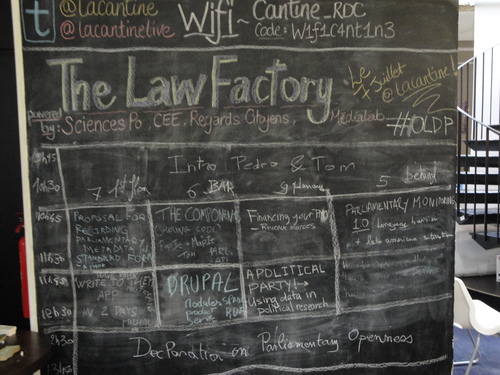As always, please feel free to send updates through the OpeningParliament.org contact page for inclusion in the News Brief.
News from the OpeningParliament.org community:
Globally, the OGP’s Legislative Openness Working Group organized GLOW, or Global Legislative Openness Week. GLOW consisted of events and activities focused on transparent, participatory legislative processes organized by members of the parliamentary openness community in 30 countries. Further details about event outcomes can be found on the blog.
The voting period for Making All Voices Count’s Global Innovation Competition began October 22 and concludes November 23. The competition includes 241 ideas, many of which were submitted by members of the OP community. The public is encouraged to review these ideas and vote for those they believe will most effectively empower citizens and secure more accountable, open governance in the program’s 12 key countries.
In Latin America, the LALT Network released their 2014 Index of Legislative Transparency, with detailed analysis on the congresses of Argentina, Bolivia, Chile, Colombia, Ecuador, Guatemala, México, Perú, Uruguay, and Venezuela.
In Mexico, the Open Parliament Alliance launched as a collaboration between Congress, the Federal Institute for Access to Information and Data Protection (IFAI), and a coalition of civil society groups with the purpose of ensuring that Mexico’s 32 state legislatures and national congress comply with principles of parliamentary openness.
Mexico also hosted AbreLatam and Con Datos, two important events organized around open government, legislative transparency, and citizen participation. A short Spanish language summary of the conversations that took place at these events can be found here.
In Portugal, the parliament passed a resolution supporting the Declaration on Parliamentary Openness with near identical language to the Declaration itself. The resolution progressed through the entire legislative process, from committee to plenary, before ultimately being passed on July 10.
